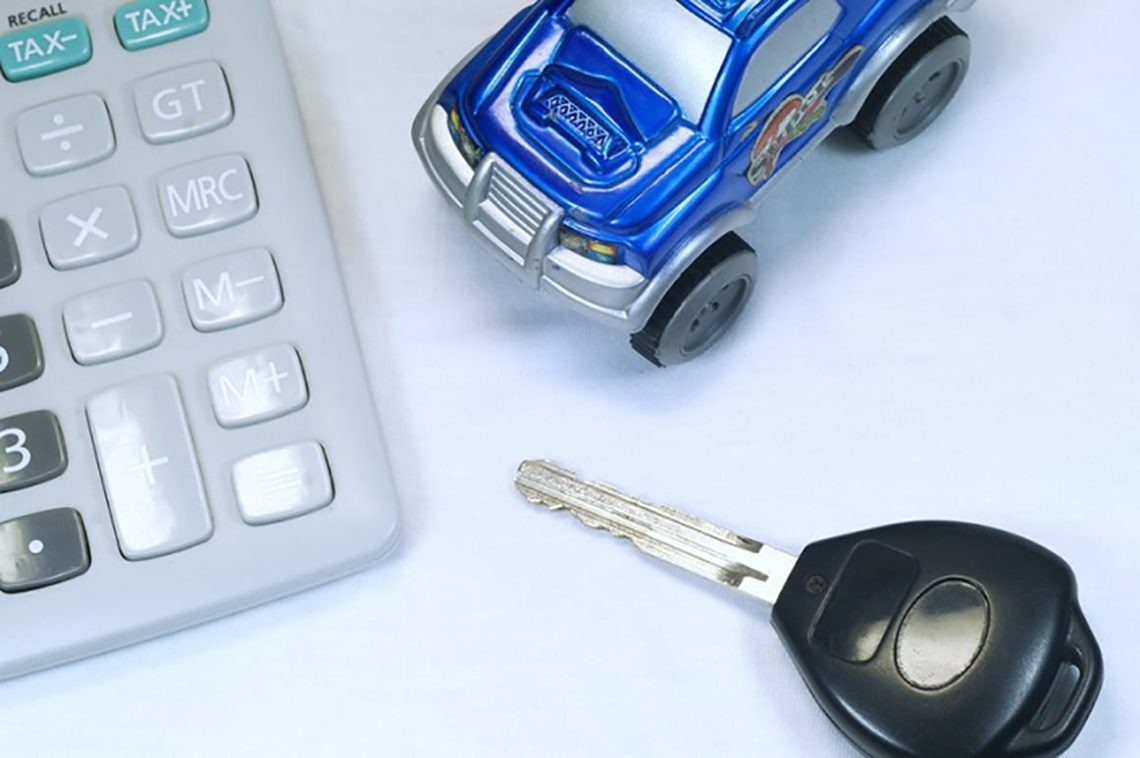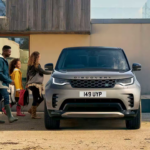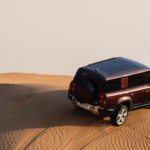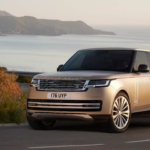The decision on whether to finance or take on a Range Rover lease is a difficult one, and the correct answer will depend on the driver and their individual needs. Leasing a Range Rover SUV is a popular alternative to buying one outright. Put simply, leasing offers low monthly payments, less commitment, and the ability to drive the newest Range Rover. Here’s how the leasing process works at Land Rover Peabody.
What is Leasing?
You can think of a car lease as being similar to a long-term rental. You pay a monthly fee for the ability to drive a leased Range Rover for a given term (typically 24 to 36 months), at the end of which you have a few different options. Essentially, with leasing, you’re paying the depreciation costs between the purchase price and the value that Land Rover is willing to purchase the car back for when the lease comes to an end.
Leasing Terms to Know:
- Capitalized Cost: The price that you pay for the car
- Money factor: A representation of the interest rate that you pay on the money that is borrowed. The money factor is set by the manufacturer.
- Residual value: At the end of the lease, the manufacturer will buy the Range Rover SUV from you for the residual value.
What Happens at the End of a Lease?
When your lease is coming to an end, you will receive a letter outlining your lease-end options. Here is an overview of what you can do:
- Lease a brand-new Land Rover vehicle
- Purchase your leased vehicle
- Extend your lease
- Return the leased vehicle and walk away
Visit Land Rover Peabody for More Information
Are you ready to get behind the wheel of a new Land Rover SUV? Learn more about the lease process today at Land Rover Peabody. We’re ready to make your dreams come true!






